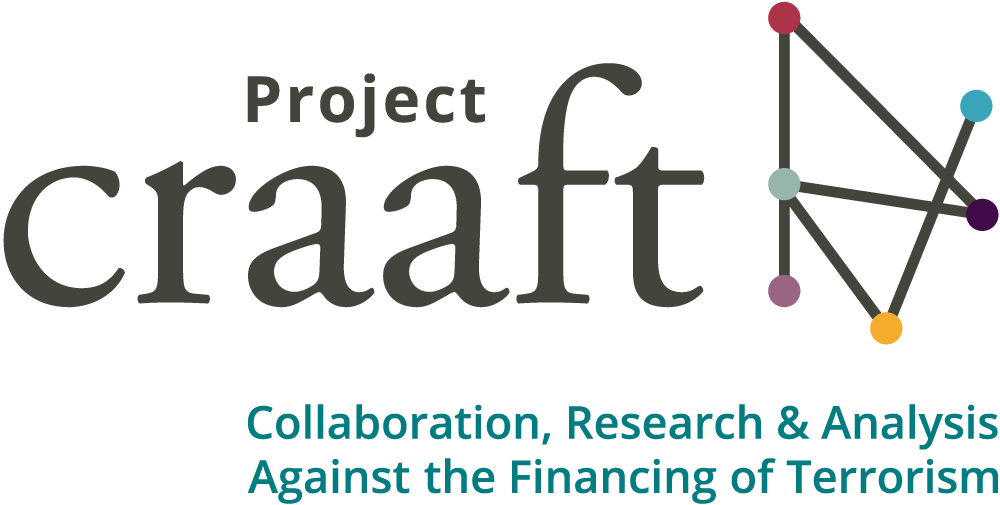Reassessing the Financing of Terrorism in 2025
On 16 June 2025, Project CRAAFT convened a high-level in-person workshop in Brussels titled Reassessing the Financing of Terrorism in 2025 (RAFT 2025), supported by the NATO Science for Peace and Security Programme. The event brought together key stakeholders from across the public and private sectors to examine how technological advancements are reshaping the terrorism financing (TF) landscape and to discuss counter-terrorism financing (CTF) strategies in the face of rapidly evolving threats.
As the role of technology in TF continued to grow in 2025, the workshop addressed the significant challenges it posed - challenges with far-reaching implications for global security that demanded immediate and coordinated action. Discussions underlined the imperative for NATO and its partners to strengthen their collective ability to detect, disrupt, and counter emerging risks in order to safeguard international security.
The event provided a platform for stakeholders to assess the current state of terrorism financing, explore emerging technological trends, and examine their implications for CTF strategies. A strong emphasis was also placed on reinforcing collaboration among authorities, financial institutions, and international partners to enhance collective efforts in countering TF and maintaining global stability.
Some key learnings from the workshop include:
Terrorists are adapting their financial activity, so must our response.
Terrorists are blending traditional methods like hawala and the abuse of charities with new technologies such as cryptocurrencies to settle balances across borders.Terrorists are also exploring new vectors for fundraising, including crowdfunding and online gaming.
However, traditional methods still prevail and will continue to be used where they are most effective for terrorist financiers.
For an effective counter-terrorism financing response, the public and private sectors must:
Adapt risk assessments to fully reflect both new and existing terrorist financing methods.
Adapt regulation to be dynamic, updating frameworks as new technologies and tactics emerge.
Adapt public–private partnerships (PPPs) to ensure operational collaboration remains effective throughout the evolving threat landscape.
